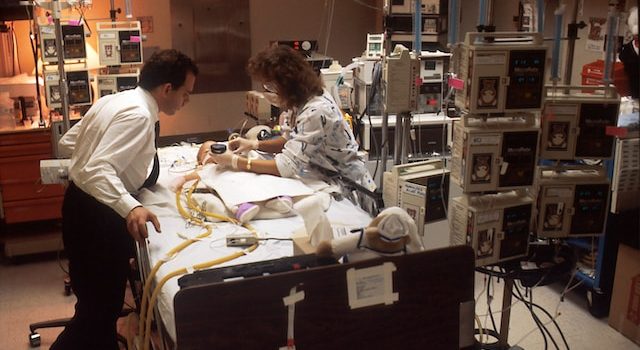
Introduction: Living with aphasia, a communication disorder that affects language abilities, presents numerous challenges. However, individuals with aphasia can navigate these obstacles and find empowerment through the support of dedicated systems and accessible resources. In this article, we explore the crucial role of support systems and available resources in helping individuals with aphasia adapt, regain confidence, and lead fulfilling lives.
- Building Support Systems: A strong support system is paramount for individuals with aphasia. Family members, friends, and caregivers provide essential emotional support, encouragement, and understanding. By actively involving themselves in the recovery journey, support system members can create an inclusive environment that fosters effective communication and helps individuals with aphasia navigate the complexities of daily life.
- Speech-Language Therapy: Speech-language therapy plays a vital role in the rehabilitation of individuals with aphasia. Skilled therapists work closely with those affected, employing evidence-based techniques to improve language and communication abilities. Therapy sessions may include exercises targeting speech production, comprehension, and pragmatic skills. Through regular therapy, individuals with aphasia can regain confidence and overcome communication barriers.
- Aphasia Support Groups: Aphasia support groups offer a safe and understanding space for individuals with aphasia to connect with peers facing similar challenges. These groups foster a sense of community, provide emotional support, and offer a platform for sharing experiences, coping strategies, and resources. Being part of an aphasia support group allows individuals to gain insights, find encouragement, and develop meaningful relationships.
- Augmentative and Alternative Communication (AAC) Tools: Augmentative and alternative communication (AAC) tools serve as valuable resources for individuals with aphasia. These tools include speech-generating devices, communication apps, picture boards, and written cues. AAC empowers individuals to express themselves effectively, bridging the gap between their thoughts and their ability to communicate. Accessible and user-friendly AAC resources can significantly enhance quality of life and promote independence.
- Technology and Digital Resources: In today’s digital era, technology offers a myriad of resources for individuals with aphasia. Mobile applications, online forums, and social media platforms provide platforms for communication, education, and support. Online therapy sessions and telepractice services offer convenient alternatives for accessing speech-language therapy remotely. Technology enables individuals with aphasia to connect with a broader community, access information, and tap into virtual support networks.
- Advocacy and Education: Advocacy efforts are crucial in raising awareness about aphasia and promoting inclusivity. Educating the public, healthcare professionals, and policymakers helps dispel misconceptions surrounding aphasia and highlights the importance of support systems and resources. By advocating for increased accessibility, funding, and research, we can improve the quality and availability of support services for individuals with aphasia.
- Empowering Independence: Support systems and resources should ultimately empower individuals with aphasia to regain independence. By providing the necessary tools, strategies, and emotional support, these systems enable individuals to adapt to their communication challenges, actively participate in social interactions, and pursue their goals and aspirations.
Conclusion: Living with aphasia can be challenging, but with the right support systems and accessible resources, individuals can find hope, regain their voices, and lead fulfilling lives. Whether through speech-language therapy, support groups, AAC tools, technology, advocacy, or education, these resources play a crucial role in helping individuals with aphasia navigate their journey of recovery and adaptation. Let us continue to invest in and expand these support systems, ensuring that no one faces aphasia alone and that everyone has the opportunity to thrive.










